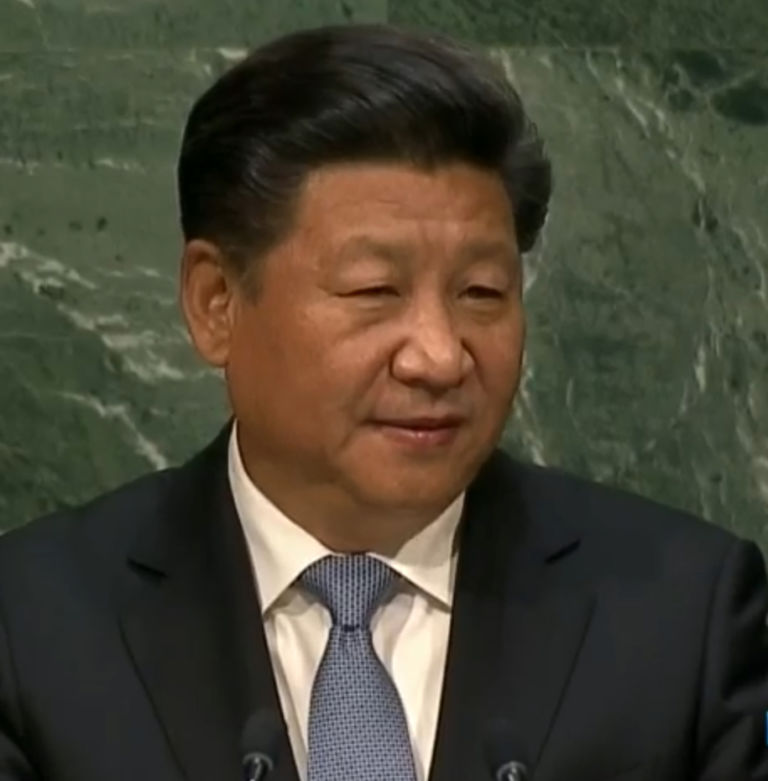Editors at National Review Online criticize the U.S. Senate’s approach toward a major social media company.
Senator Chuck Schumer understands well the national-security threat posed by leaving one of the country’s most popular media platforms in the hands of a foreign adversary. “TikTok is not as innocent as it sounds,” he said. “It is owned by a Chinese-based AI company called ByteDance. Just about every company like this is controlled or owned by the government.”
Right on all counts. The thing is, that was February 2020, and Schumer has so far failed to express any support for the House=passed legislation to force ByteDance to sell TikTok beyond his vague statement about how the Senate may be able to make progress on the question.
As it returns from recess today, the Senate approaches a hinge point. The bill’s outcome is a barometer of how serious American politicians are about dealing with the threat posed by the Chinese Communist Party.
The ByteDance bill’s fate in the Senate will show whether our institutions can resist the political bullying campaigns executed by ByteDance’s American staff and its other hired guns (disgracefully, this includes former members of Congress). After losing last month’s House vote miserably, Team ByteDance is regrouping ahead of the Senate fight.
The Senate needs to advance expeditiously toward a final vote, while possibly entertaining amendments offered in good faith, before the lobbyists can throw sand in the gears in hopes that the start of the campaign season in earnest frustrates the legislative effort.
The bill’s proponents also must rebut the argument that because there are some U.S. citizens on the board of ByteDance, it’s a benign multinational company.
As the Australian China hand John Garnaut has revealed, the highest ranks of ByteDance’s management are stacked with members of CCP-controlled “united front” organs — which make up the unique, Leninist strategy through which the party controls non–party members, businesses, and other organizations across the world.


